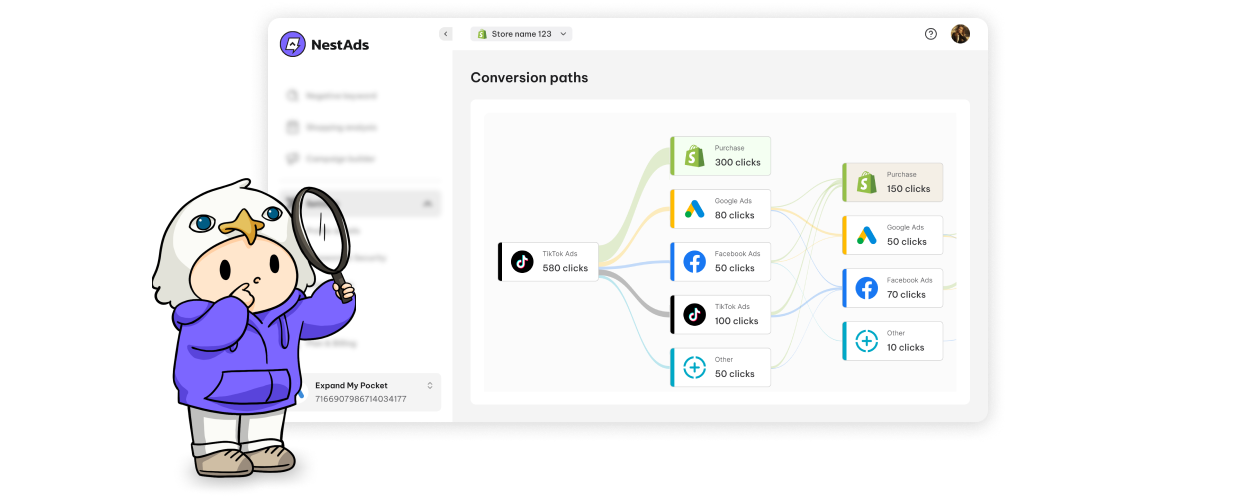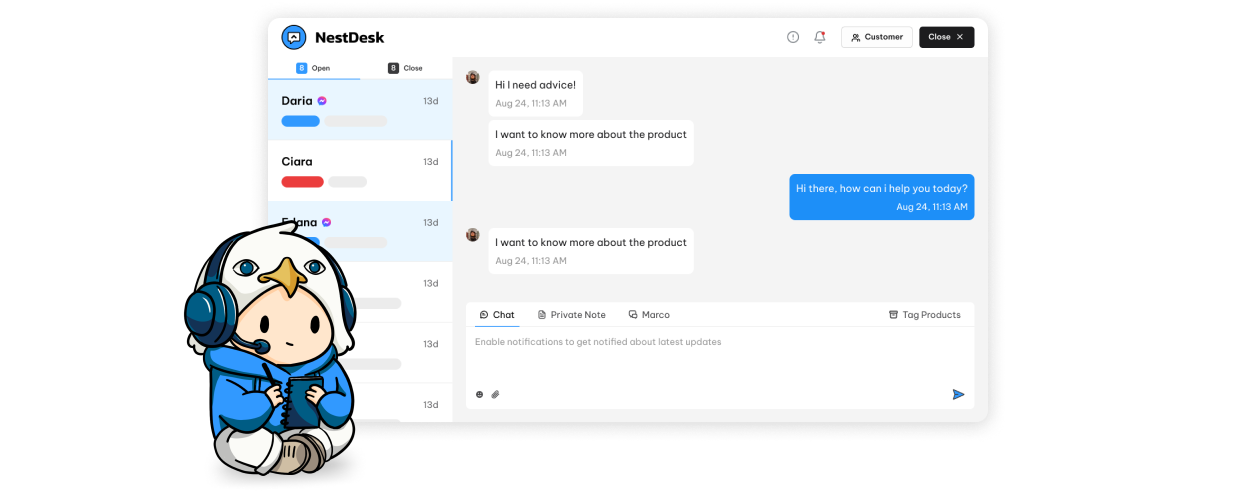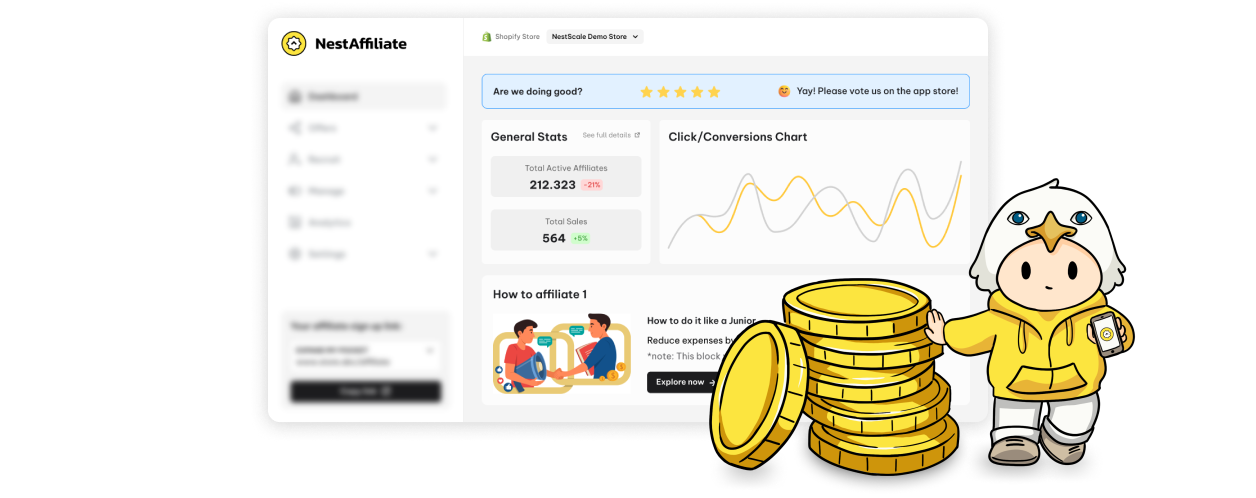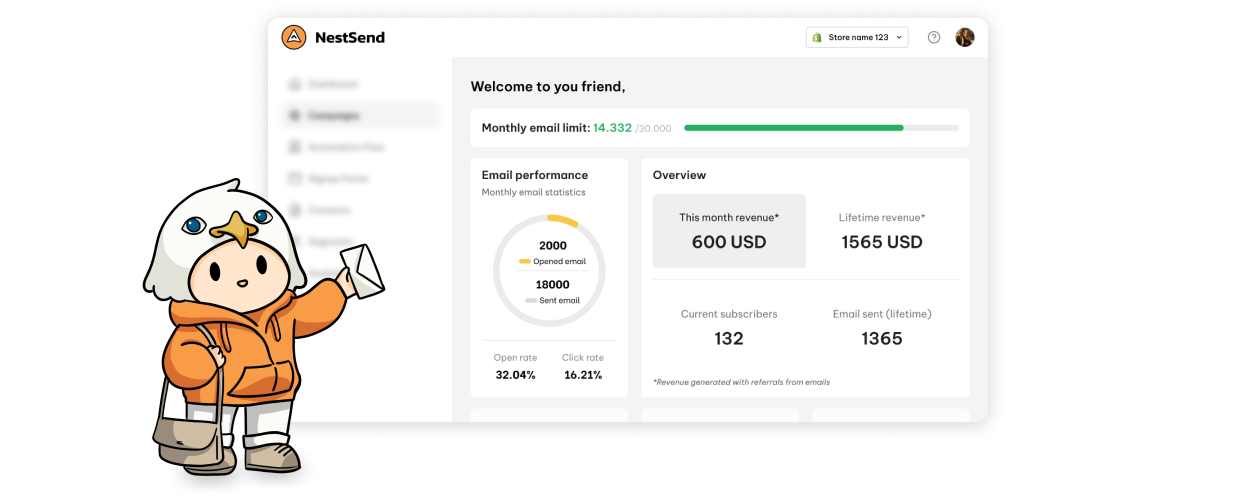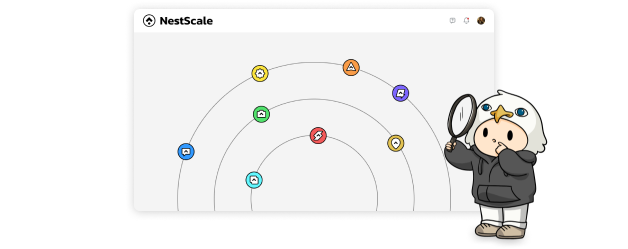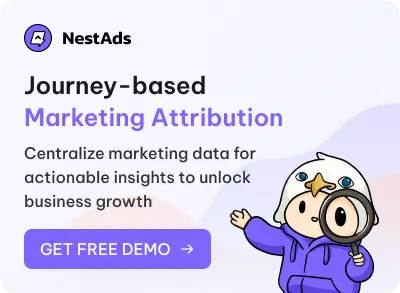What is keyword ranking?
Keyword ranking refers to the position of a website or webpage in search engine results (like Google) for specific search queries or keywords. Think of it this way: when someone types a question or query into a search engine like Google, they’re expressing a need. The search engine’s job is to provide the most relevant and authoritative answers. Keyword ranking determines where your website falls within that hierarchy of answers.
The higher your site ranks for relevant keywords, the more visibility and organic traffic you attract. For instance, if you sell eco-friendly water bottles and your website appears on the first page of Google for that keyword, you’ll be able to reach your customers more effectively.
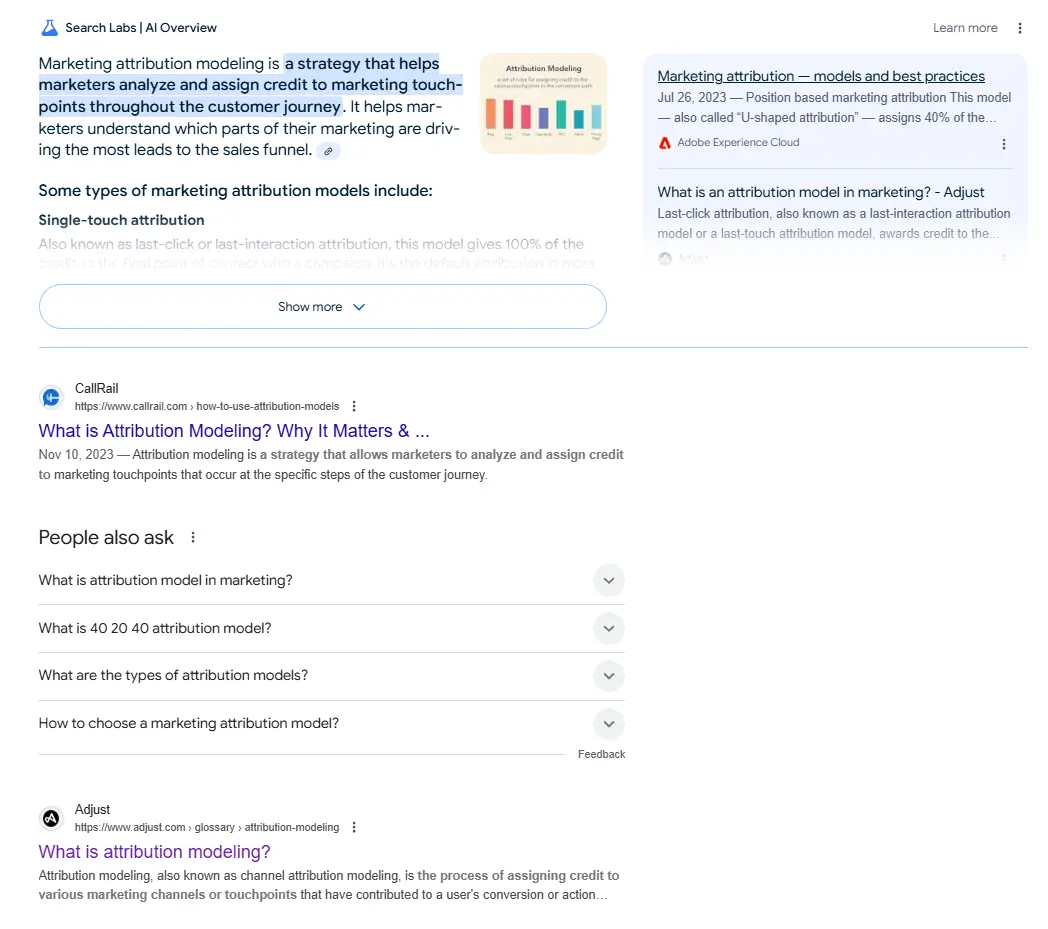
Where can your keyword be ranked?
Nowadays, ranking on the top of the first page is no longer the only priority. In fact, SERPs now offer various placements where your keywords can rank. Here are some key features to focus on when optimizing for rankings:
| Position | Detailed |
| Featured snippet | A highlighted box at the top of the SERP that provides a concise answer, pulling content from websites. Optimizing for this can boost visibility. |
| Top organic results | Standard organic listings below paid ads. The top three positions capture most clicks. |
| People also ask (PAA) | An interactive section with related questions. Clicking reveals brief answers, helping capture additional traffic. |
| Local pack | For location-based searches, this shows a map and three local business listings. Optimize your Google My Business profile to increase visibility. |
| Image & Video carousel | Displays images or videos related to the query. Optimize these with relevant keywords to appear in carousels. |
| Knowledge graph | A sidebar feature providing quick facts about a topic. Gaining a spot here requires high authority and comprehensive content. |
Why is keyword ranking important?
Keyword ranking is key to getting your website seen by potential customers. A good ranking boosts your site’s performance, drives traffic, and improves visibility, especially for those actively searching for specific products. Here are some of the benefits you cannot miss out:
- Boosts Organic Traffic: Higher rankings lead to more clicks and visits. Research shows that websites on the first page of Google receive 39.8% CTR, with the top three positions capturing the majority of clicks.
- Increases Brand Visibility: Appearing at the top of search results enhances your brand’s visibility and credibility, positioning your business as an authority in your niche.
- Drives Conversions: Ranking for high-intent keywords (like “buy running shoes online”) attracts users ready to make a purchase, leading to better conversion rates.
- Competitive Advantage: Outranking competitors for valuable keywords gives your business an edge, drawing traffic away from competing sites.
Factors that influence keyword ranking
- Content quality: Nowadays, with the evolution of AI, keyword ranking is no longer limited to traditional SEO criteria. In fact, high-quality content is required to navigate Google’s algorithms effectively. Therefore, creating well-optimized, high-quality content for target keywords is crucial for achieving better rankings.
- On-page SEO: Elements like meta titles, descriptions, headers, and keyword placement impact how search engines index and rank your pages.
- Backlinks: Earning high-quality backlinks from authoritative websites signals to search engines that your content is trustworthy, boosting your rankings.
- User experience (UX): Google favors websites that provide a seamless user experience—fast loading times, mobile-friendliness, and easy navigation all contribute to higher rankings.
- Search intent: Aligning your content with the intent behind search queries (informational, transactional, navigational) increases the likelihood of ranking well.
How can you monitor keyword ranking?
Keyword ranking is typically tracked using SEO tools that monitor where your website appears in search results for specific terms. These tools, such as Ahrefs, SEMrush, Moz, and Google Search Console, help identify changes in rankings, allowing you to adjust your strategy accordingly.
FAQs
Q1: How long does it take to improve keyword rankings?
A: It can take anywhere from a few weeks to several months, depending on competition, SEO efforts, and the quality of your content.
Q2: What’s the difference between organic and paid keyword rankings?
A: Organic rankings are achieved through SEO, while paid rankings involve bidding for ad placement through Google Ads or similar platforms.
Q3: How many keywords should I target per page?
A: Focus on 1-2 primary keywords and several related secondary keywords to avoid keyword cannibalization.





